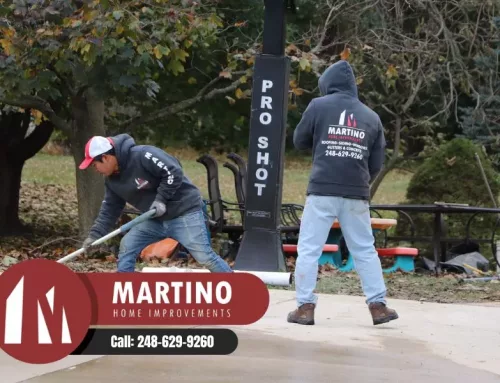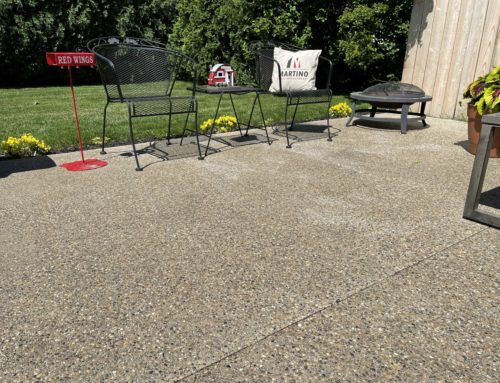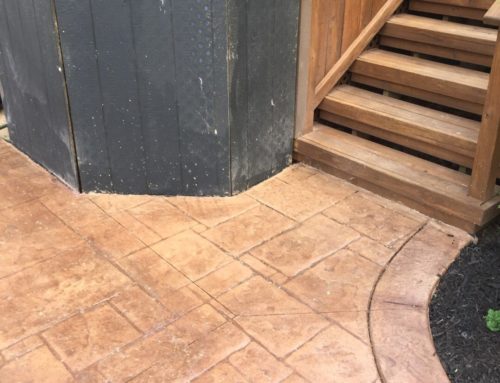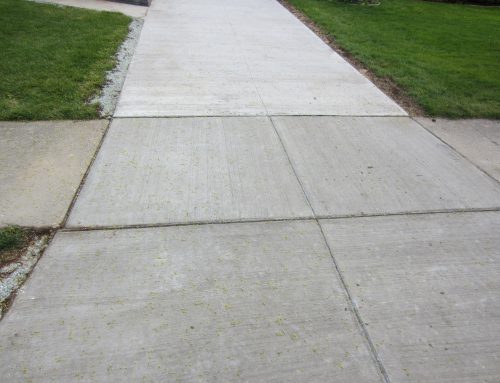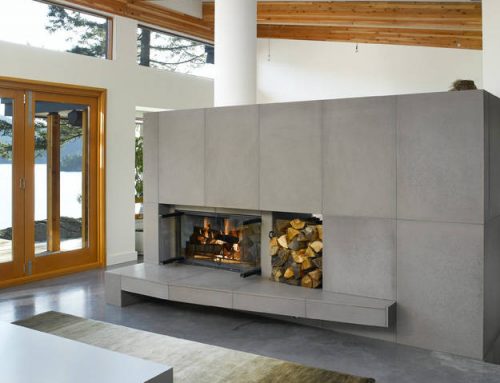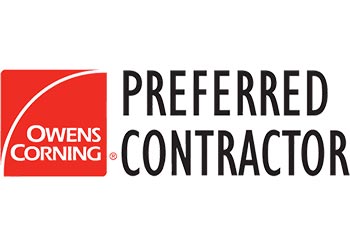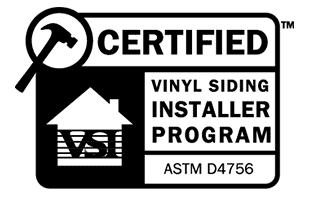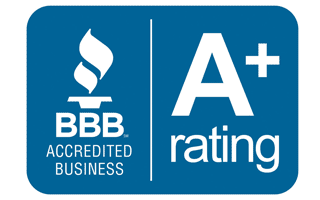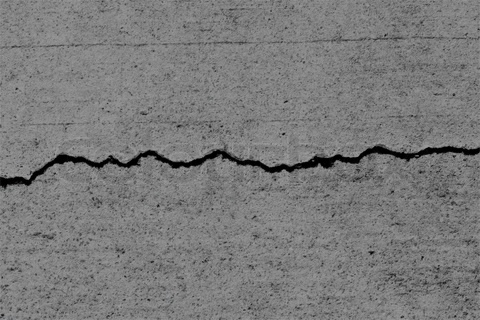
Cracks in concrete are a normal occurrence and can be found everywhere, even on beautiful Main Street in Royal Oak, MI. There are many different reasons as to why concrete cracks. Today we’re going to go over these reasons with precautions that you can take to ensure you concrete doesn’t crack prematurely.
Too Much Water
Concrete is a mixture of cement, aggregate and water. Not much water is needed in the equation, but some people add too much in order to make installation easier. However, when too much water is added to the mix, the strength of the concrete diminishes. Shrinkage is a major cause of cracking. When concrete dries, it shrinks because the excess water evaporates. The wetter the concrete the more shrinkage will happen, tearing your concrete apart and causing cracks. To prevent this from happening make sure you know the amount of water needed and don’t go over. An even better solution is finding a good concrete contractor in the area to do the job for you.
Rapid Drying
Water is required for concrete to go from a liquid to solid state and gain strength. This hydration occurs for days and weeks after the concrete is poured. If the necessary water isn’t available, cracks will occur. To make sure this doesn’t happen you’ll need to cure the concrete. Curing can be done through flooding, ponding, or misting the slab with water. You can also cover the concrete with sand, canvas, burlap or straw that is kept wet. Waterproof paper and plastic film seals can also be used as well as chemical membranes. You’ll want to research which type of curing is right for your concrete and if possible, let a professional do the work.
Improper Strength
You might not have known it, but concrete comes in different strengths. If the improper strength is used, cracks will occur. To prevent this, it’s best to talk to a professional and ask what strength the concrete should be poured at.
Lack of Control Joints
Control joints are basically cracks that you put in on purpose to allow for concrete movement. They are a way of controlling where the concrete cracks. Without control joints, the concrete will crack in other areas. Make sure when you redo your concrete that you or a professional install control joints. These are a few of the reasons why concrete cracks. Cracks can also be caused by improper installation, like pouring concrete on frozen ground or on ground that hasn’t been compacted. Concrete is tricky to work with and best when left in the hands of a professional. If you do choose to handle concrete yourself, make sure you take all the necessary precautions.
If your concrete gets enough cracks, you will need to replace it. Martino Home Improvements is a professional concrete company near Royal Oak that has three generations of history in the concrete trade. Give us a call today for a free estimate!

